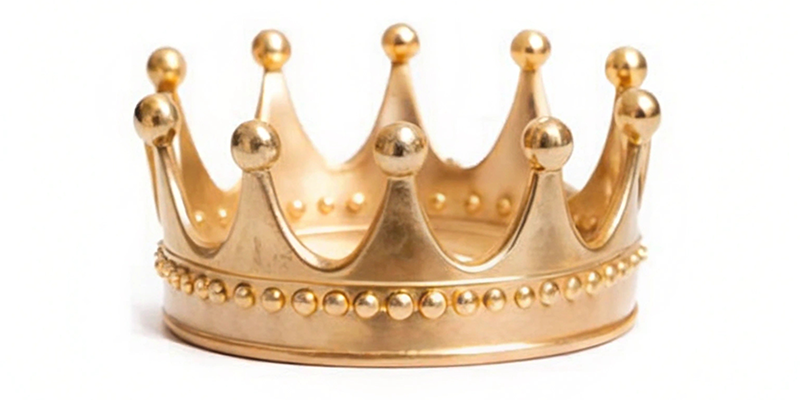Moral authority is the invisible hand that guides ethical behavior, rooted from a person’s character, actions, and values. Unlike formal power, it doesn’t rely on titles or positions but on trust and respect earned over time. Those who wield moral influence inspire others to follow not through coercion but through example. It’s the essence of genuine leadership, where integrity and principles hold sway over mere compliance.
When individuals or institutions consistently act with honesty and compassion, they earn the moral high ground, influencing others naturally. In essence, moral authority is the silent leader that shapes values and inspires righteous actions. In a world often dominated by superficiality, ethical credibility stands as a beacon of true influence.
You can’t demand moral authority; you earn it.
Beyond Titles: Why Principled Leadership Defines True Leaders
Moral influence isn’t automatic. You must prove that you’re worthy of it. People, companies, or nations earn moral authority by being:
Authentic. Genuine people live by their principles. Their words and actions consistently reflect their true values and beliefs.
Virtuous. Honorable people do what’s right rather than what’s convenient. They don’t twist the rules for personal gain.
Trustworthy. Upstanding people earn trust by demonstrating their worthiness of it. It must be carefully constructed, vigorously nurtured, and constantly reinforced.
Capable. Accomplished people have a proven track record of success. Plus, they have the knowledge, skills, and experience to replicate that success.
Honest. Honorable people are open, straightforward, and transparent. They don’t distort the truth or exaggerate claims to enhance appearances.
Open-minded. Open-minded people gather information from diverse sources, solicit input from people of varied backgrounds and viewpoints, and assess it based on its merits rather than its alignment with their own beliefs.
Courageous. Brave people stand up for what’s right, even when it’s inconvenient.
Honorable. Virtuous people instill confidence by consistently honoring their promises and commitments. Their word carries the weight of a contract.
Humble. Unassuming people are quietly proud. They’re modest about their achievements, grounded in their values, and have nothing to prove to others.
Fair. Fair-minded people are open-minded, evenhanded, and unbiased. They don’t show favoritism — they treat everyone equally and justly.
Consistent. Upstanding people are predictable — you always know where they stand. They don’t blow with the wind, even when it’s convenient to do so.
Altruistic. Selfless people are driven by a cause greater than themselves. They prioritize the well-being of others, frequently placing others’ needs above their own.
Discerning. Reputable people refuse to let toxic individuals pollute their attitude, dampen their drive, or corrupt their morality. They choose to surround themselves with people who uphold high standards of honor and integrity.
Accountable. Responsible people own their actions and accept the consequences, instead of shifting the blame to others.
Principled. Morally upright people — role models — embody many of these qualities, setting an example for others to emulate. As Nobel peace prize winner Albert Schweitzer said, “Example is not the main thing in influencing others. It is the only thing.”
Check out Frank’s latest book, BECOME: Unleash the Power of Moral Character and Be Proud of the Life You Choose
Real Leaders Have Moral Authority. Do You?
Please leave a comment and tell us what you think or share it with someone who can benefit from the information.
Additional Reading:
Why Moral Authority Matters
Moral Character Matters
Is There a Difference Between Right and Wrong?
The Consequences of No Consequences
Do You Have the Discipline to Do What’s Right?
Is Morality a Thing of the Past?
It Can Be Lonely to Stand Up for What’s Right
Are You Blurring the Line Between Right and Wrong?
If you like this article, subscribe to our blog so that you don’t miss a single post. Get future posts by RSS feed, email or Facebook. It’s FREE.
Follow me:
Facebook
LinkedIn
X
Pinterest and
Instagram






Leave a Comment